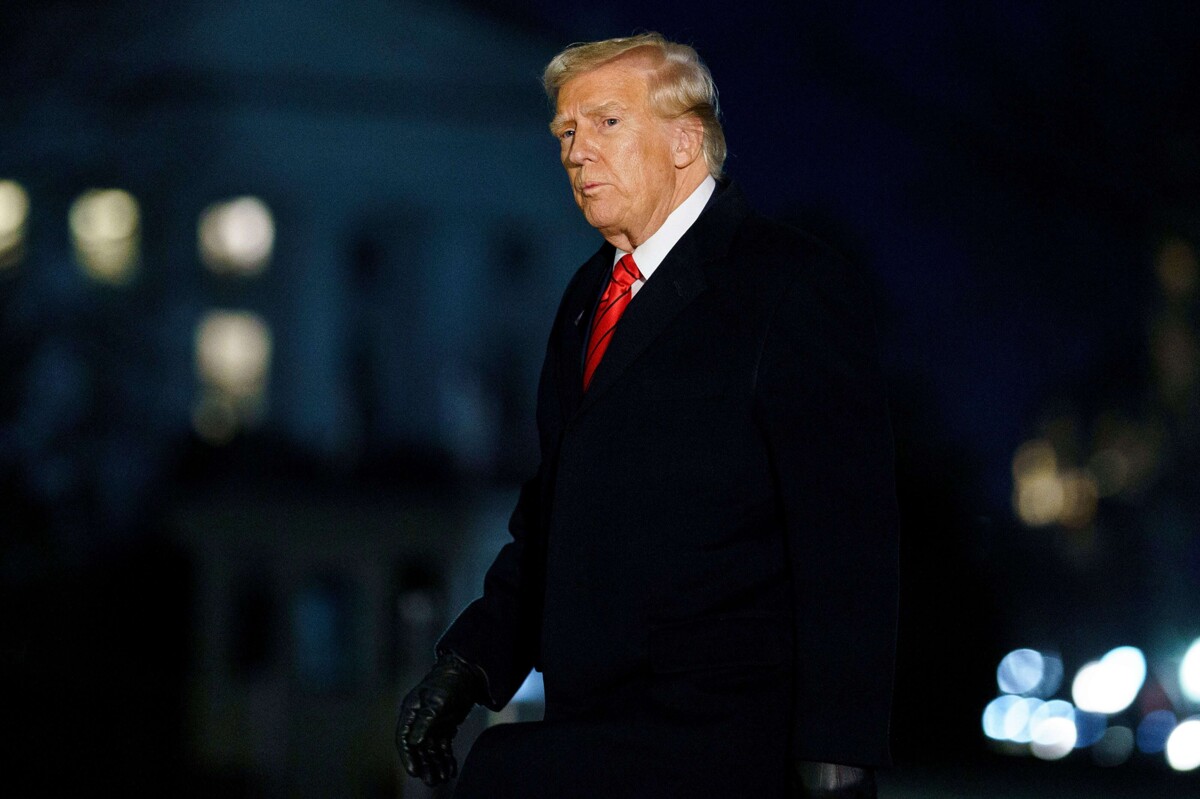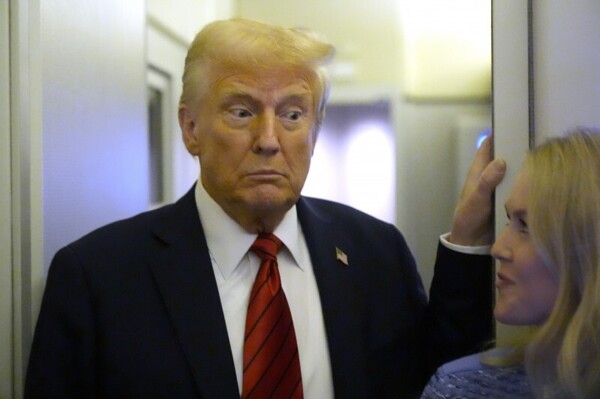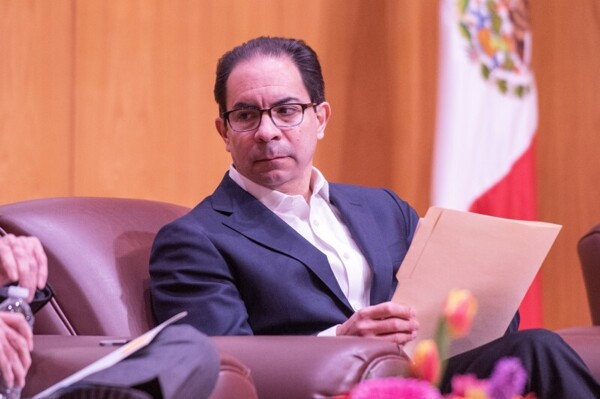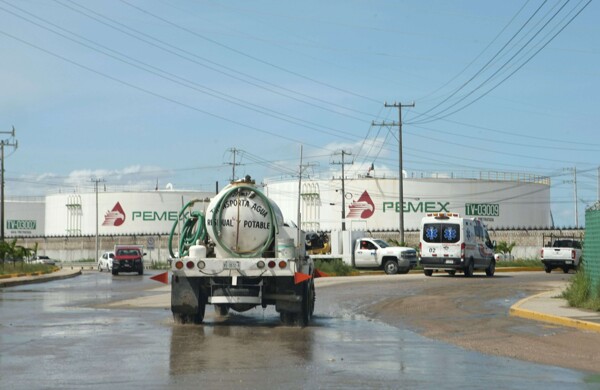
The current situation affects various sectors, from the nation and government to businesses and citizens. It is crucial to address it urgently to minimize its costs and, where possible, find potential benefits that can be leveraged. One of the direct effects falls on importers, who must face higher costs when acquiring products from abroad due to additional tariffs imposed, thus harming local exporters.
In relation to the measures adopted by the new government, three main unfavorable costs can be identified. Firstly, the repatriation of hundreds of thousands of nationals who were residing illegally in another country, which directly impacts the local economy. Another point is the pressure to strengthen actions against criminal organizations dedicated to drug trafficking and illegal migration. Lastly, the detention of trade between China and Mexico, which ultimately affects trade relations with the United States through the T-MEC.
These decisions require additional resources, which are not available in the required magnitude since government funds are mostly allocated to social programs without specific conditions. At the international level, there are similar situations in other parts of the world, where cooperation between nations is essential to overcome challenges. Additionally, efforts are promoted to combat criminal groups involved in human trafficking, a practice that could be replicated in Mexico with the support of various entities such as the United Nations or the North American Development Bank (Nadbank).
It is necessary to disseminate these measures among exporters in the United States, as they could benefit from higher prices in the domestic market. However, the key to absorbing the costs of this external scenario lies in strengthening the economy and promoting growth, which would generate higher tax revenues and the creation of formal jobs. Another aspect to consider is the need to attend to refugees to meet their basic needs, as well as to leverage their potential to cover labor demand in specific sectors of the country.
In conclusion, the new administration of the United States has generated a negative external shock that directly impacts the local economy, making it imperative to create favorable conditions to attract productive private investments that help mitigate adverse effects. It is essential to learn from similar experiences in other parts of the world and seek collaborative solutions to overcome the challenges arising from this unexpected scenario.














